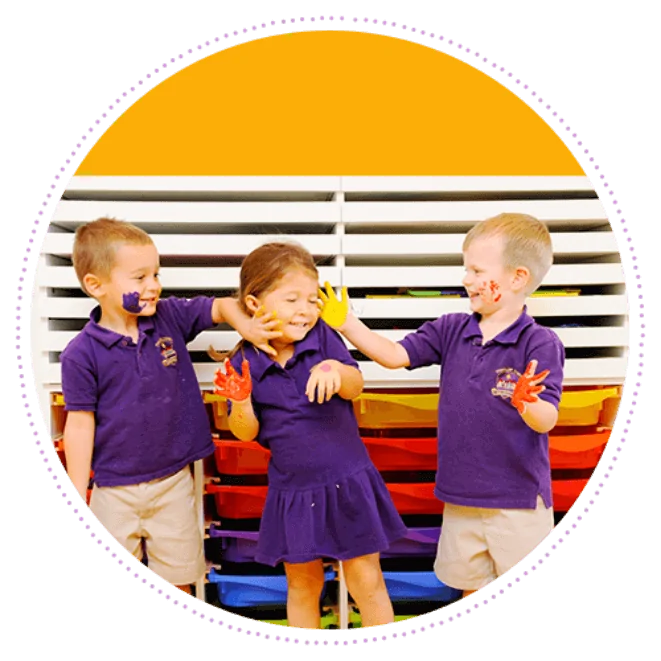
The Role of Social Emotional Learning in Top Kindergartens
In a quiet corner of the classroom, two children are arguing over a toy. Nearby, a teacher kneels beside them, not to scold, but to listen. One child frowns, the other crosses their arms. The teacher asks, “How do you feel right now?” And just like that, the real learning begins.
This is what social emotional learning looks like, not a subject, but a way of being. And in the best kindergarten in Dubai, it’s woven into everything.
Feelings First, Then Letters:
Before a child can sit and learn to read, they need to feel calm, safe, and understood. That’s why top kindergartens don’t treat emotions as something to get past, they treat them as the foundation. Children are taught that it’s okay to feel angry, sad, or shy. What matters is learning what to do with those feelings. When a child is crying, tears are not a problem to be solved, but a communication to be understood.
Teachers as Emotion Coaches:
In many classrooms, teachers are seen as leaders at the front of the room. But in emotionally aware kindergartens, they spend much of the day at child level, watching, listening, gently guiding. When a child refuses to join a group, the teacher doesn’t push. They sit beside them, maybe place a toy nearby, wait for the moment the child is ready. This kind of slow, steady support teaches trust without a single worksheet.
Kindness Is Practiced, Not Preached:
Kindergartens that take emotional learning seriously don’t just talk about kindness. They make space for it. They give children real chances to help one another, tying a shoe, saving a seat, noticing when someone looks lonely. Teachers don’t step in too fast. They wait. They let one child comfort another. Because helping each other is how children learn empathy, not by being told, but by doing.
Conflict as a Teaching Tool:
Instead of rushing to fix problems, the best kindergartens treat conflict as a natural part of growing. When toys are grabbed or tempers rise, it’s a chance to practice. Children learn to speak up, to listen, to try again. It’s not always smooth, but that’s the point.
The goal isn’t to raise perfectly behaved children. It’s to help them become aware, kind, and connected. A kindergarten that values emotions is giving children something that lasts far beyond the early years, the tools to understand themselves and care for others, in a world that deeply needs both.